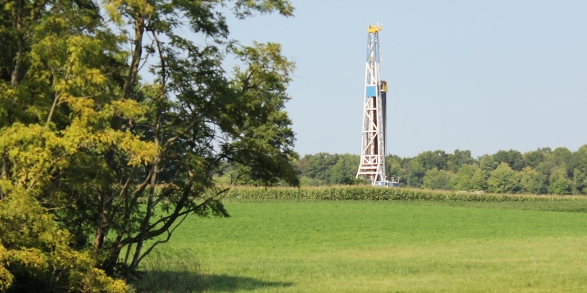In the lead-up to the Paris climate summit, massive activist pressure is on all governments, especially Canada’s, to fall in line with the global warming agenda and accept emission targets that could seriously harm our economy.
greenhouse gas emissions
A new report from the government of Canada, on Canada’s greenhouse gas emissions from 1990 to 2013, is making news. And as usual, the bad news leads.
The newest entrant into the ongoing saga of the serially-delayed Keystone XL pipeline is the U.S. Environmental Protection Agency, which recently created yet another reason to delay the project that would carry Canadian oil to refineries in the U.S. Gulf Coast.
Carbon taxes are back on centre stage in Canada, after a new “bipartisan” Ecofiscal Commission came out in favour of the idea.
Environmentalists received an early Christmas present on November 12, when President Barack Obama and China’s President Xi Jinping issued a “joint announcement” over the control of greenhouse gas (GHG) emissions in the United States and China.
The United Nations Intergovernmental Panel on Climate Change has released its latest “Synthesis Report” drawing together the findings of the most recent three-volume set of the Fifth Assessment Report.
In the recent New Brunswick election, an unremarkable engineering activity apparently took front and centre: hydraulic fracturing for natural gas, popularly known as fracking.
When pitching new programs, politicians love their 'dedicated' funds: highway trust funds, housing trust funds, environmental protection funds, wildlife-protection funds, and so on. Most recently, under AB 32, California politicians partly sold the program on the basis of all the good that could be done with Greenhouse Gas Reduction Funds raised through the state's cap-and-trade program.
Carbon taxes are once again dominating the discussion over energy policy in Alberta, where Environment Minister Diana McQueen has proposed a sharp hike to Albertas carbon levy. Presently, large emitters in Alberta are required to reduce greenhouse gas emission intensity (that is, emissions per unit of production) by 12 per cent, or face a levy of $15 for every tonne they come up short. The new proposal would hike the emission intensity target to 40 per cent, and raise the levy to $40. Nice round numbers, to be sure, but extremely ambitious ones.

